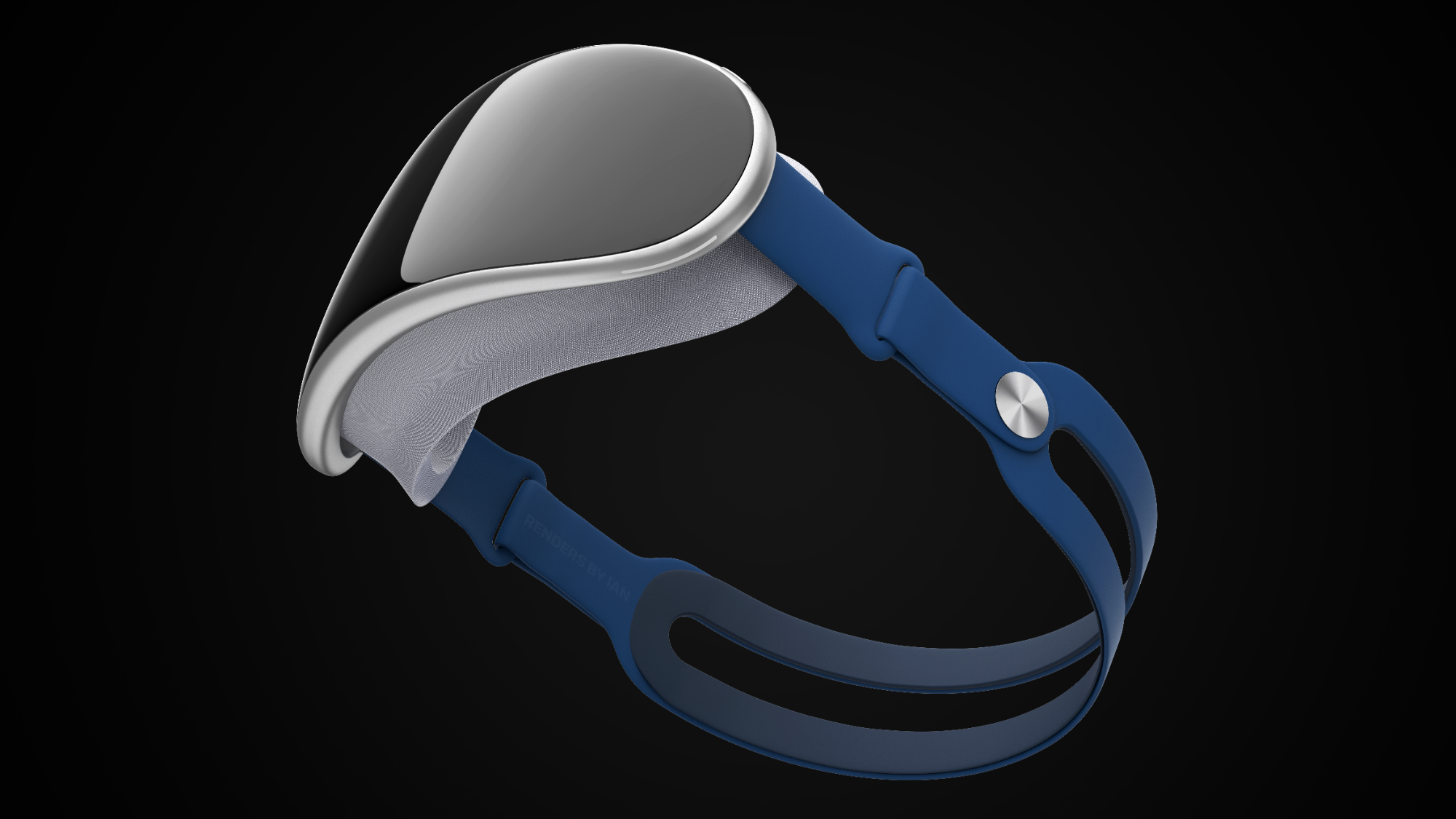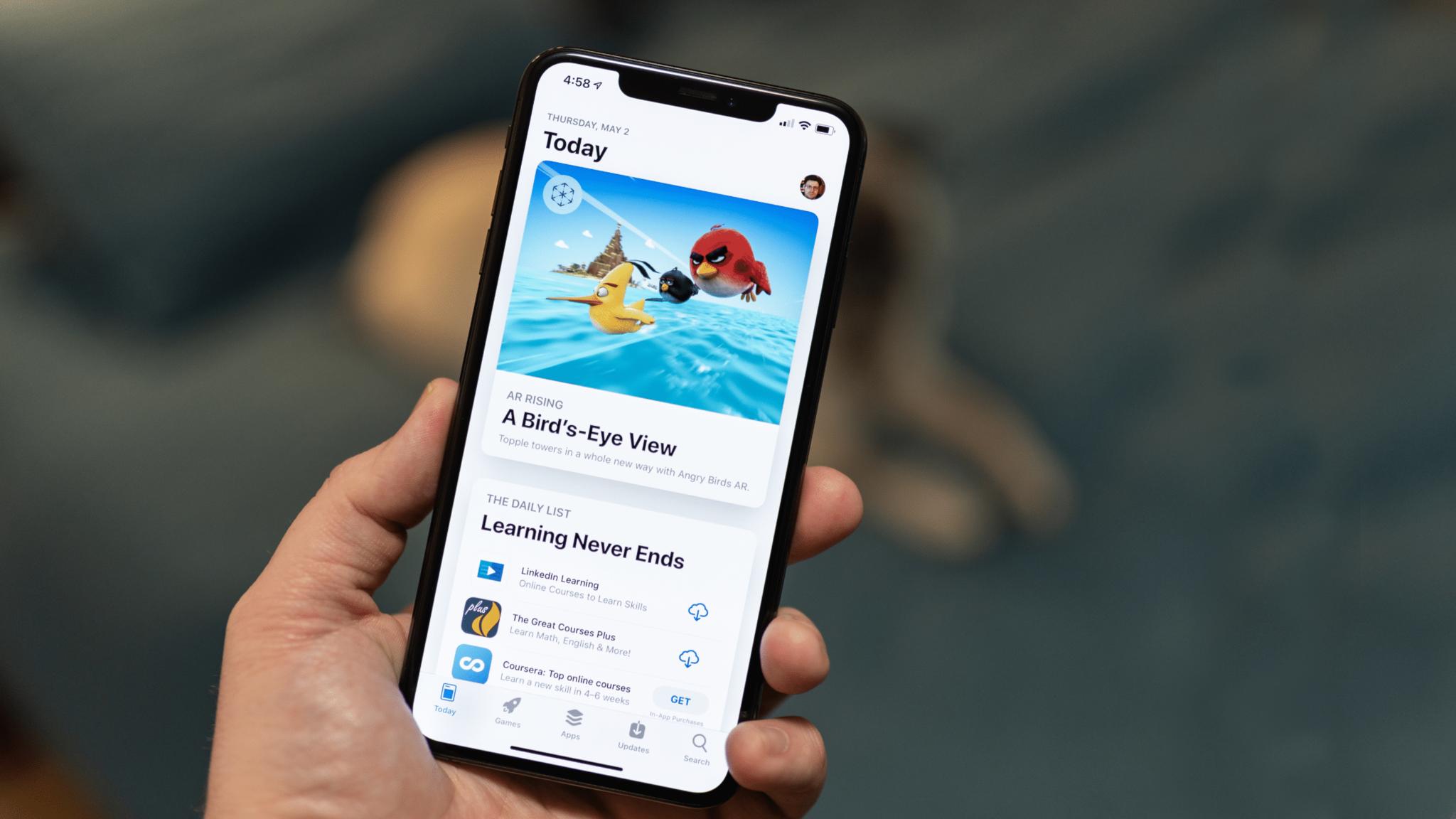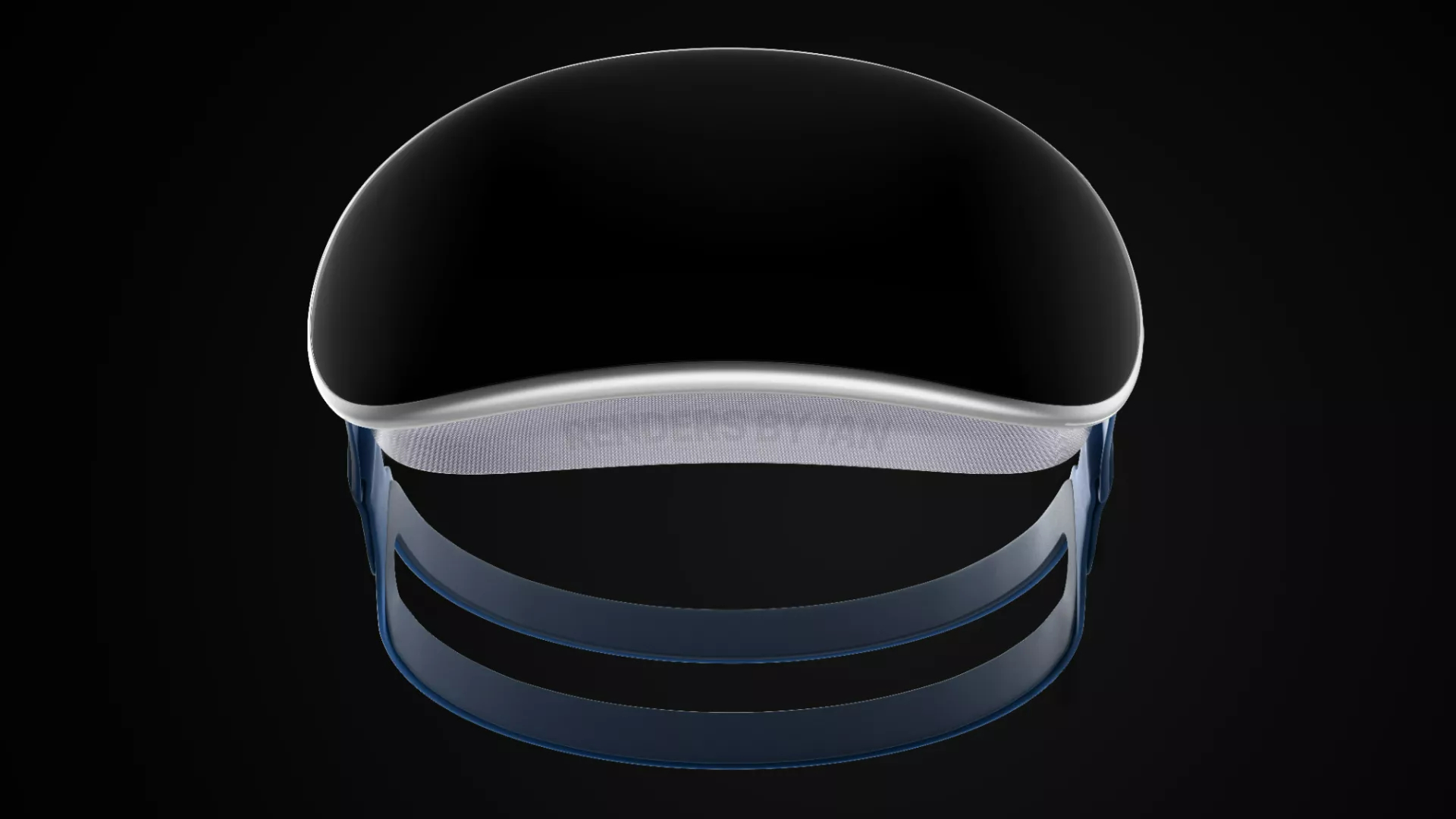Giving Apple VR headset developers months to make their apps was the right play (but it sucks we'll have to wait)
It'll ship eventually.

You'd need to have been hiding under a rock to have missed the fact that Apple is working on an AR/VR headset. It's been working on it for years. Now, it's closer than ever to being released.
Expected to be called Reality Pro according to previous reports by Bloomberg's Mark Gurman, the headset is now almost nailed on for a WWDC23 announcement in June. But it doesn't sound like it'll actually be made available for people to buy for a good long while yet. In fact, it seems most likely that early adopters will have to wait a few months for its release.
And, frankly. that's the only way that Apple could have played this thing. Let me explain why.
There's (not yet) an app for that
We heard recently that Apple is working on a new suite of apps for the Reality Pro headset. Those apps are thought to be based on iPad apps but retooled to work properly in an augmented reality environment. That sounds pretty cool, but once you've read your books in AR and done some work in Pages or what have you, what else can you do?
That's a question that will most likely be answered by third-party developers and their apps. Those apps don't exist yet and, in reality, they won't for a good long while yet. Apple isn't announcing the Reality Pro headset at WWDC by accident. It wants to get the headset in front of developers so that they can start working on building the apps that it hopes will flood the App Store later this year. And it's those apps that will make or break the entire headset.
If the Reality Pro headset is indeed priced at a whopping $3,000 or more it's going to need to do more than let you read your books or watch videos. It needs apps from your favorite developer. And they need to be good.
Devs need time

Even the best iPhone is nothing without apps. It won't matter how good the headset is if there's nothing to do with it.
Master your iPhone in minutes
iMore offers spot-on advice and guidance from our team of experts, with decades of Apple device experience to lean on. Learn more with iMore!
This brings us to why we have a delay between the announcement and release.
Apple needs to make sure that developers have time to not only come up with AR/VR ideas but also implement them. They'll struggle to get them tested because the hardware won't be available, but we can expect Apple to ship an emulator as part of an Xcode update. But good app development takes time. Months, in fact.
With that in mind, it's no surprise that Apple reportedly wants to announce the Reality Pro headset in June and then ship it months later. It's something it did with the Apple Watch, after all, and that had an App Store full of apps on day one. Were they great? Not all of them, no. Hopefully, Apple (and developers) have learned from the past. More time and better tools would surely be welcomed by developers.
The problem with time

The problem Apple has is that, while the headset has leaked to some extent, we know almost nothing about how it actually works. That will all change on June 5.
As soon as Apple announces its headset the copycats will be out in force, working to mimic Apple's design and features. Reality Pro needs to hit store shelves before that happens wherever possible.
That's the problem Apple faces but I think it made the right choice. Let people buy the headset with no apps and it'll be returned in record numbers. But sell it to them with an App Store fit to burst with apps doing amazing things and it's a different story entirely.

Oliver Haslam has written about Apple and the wider technology business for more than a decade with bylines on How-To Geek, PC Mag, iDownloadBlog, and many more. He has also been published in print for Macworld, including cover stories. At iMore, Oliver is involved in daily news coverage and, not being short of opinions, has been known to 'explain' those thoughts in more detail, too. Having grown up using PCs and spending far too much money on graphics card and flashy RAM, Oliver switched to the Mac with a G5 iMac and hasn't looked back. Since then he's seen the growth of the smartphone world, backed by iPhone, and new product categories come and go. Current expertise includes iOS, macOS, streaming services, and pretty much anything that has a battery or plugs into a wall. Oliver also covers mobile gaming for iMore, with Apple Arcade a particular focus. He's been gaming since the Atari 2600 days and still struggles to comprehend the fact he can play console quality titles on his pocket computer.
